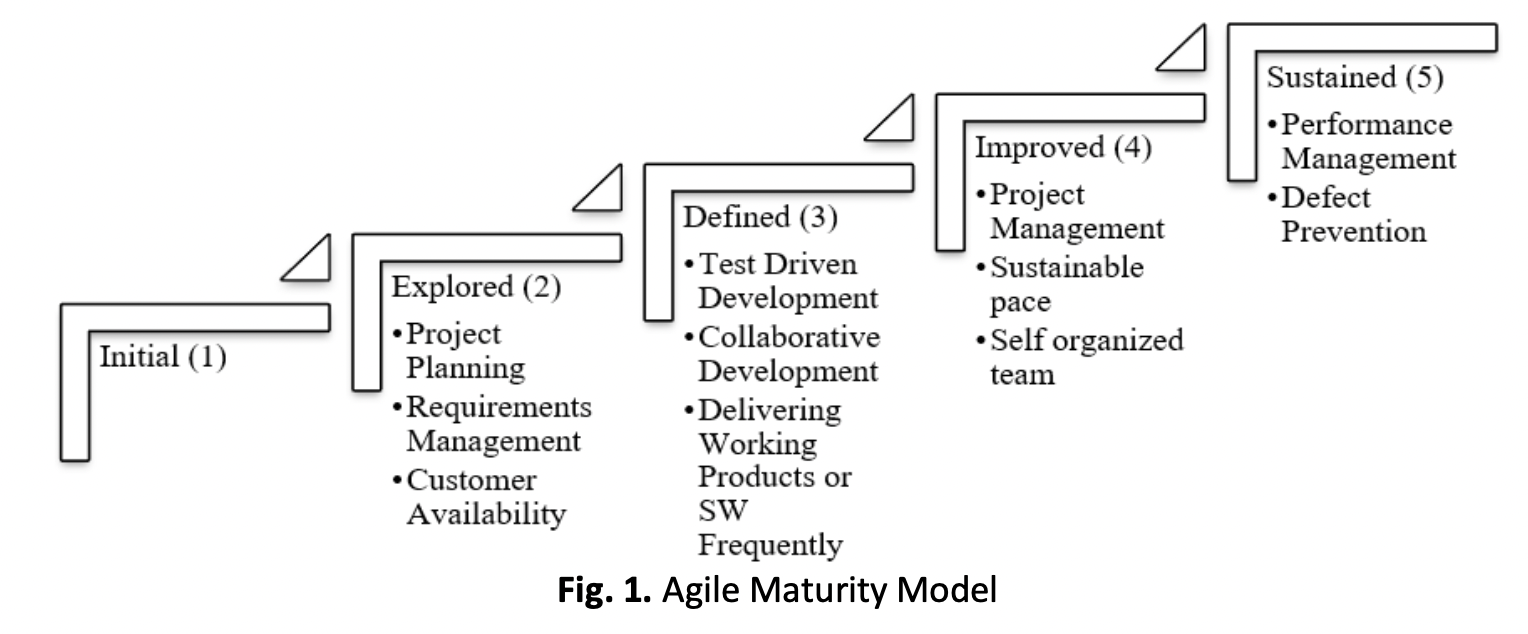Relationship between Agile Maturity and Digital Transformation Success
DOI:
https://doi.org/10.37934/araset.33.3.154168Keywords:
Software development, Agile Maturity Model, agile focus areas, digital transformation KPI, digital transformation processAbstract
Digital transformation has become increasingly important for information technology software companies, as it can have a significant impact on the organization's bottom line. However, many companies struggle to achieve success in their digital transformation journey. One of the key challenges that organizations face is the lack of agility. Organizations need to develop their agile maturity levels in order to achieve their desired results. This paper investigates the relationship between agile maturity levels and digital transformation success in information technology software companies. The study also examines the key agile practices that contribute to digital transformation success. A descriptive study was conducted on different software companies. 100 employees working on agile projects were given a survey, and the responses were examined using the SPSS software. In addition to the quantitative data, the study also conducted qualitative interviews with 10 professionals who have implemented agile transformation in their organizations. The findings of the study suggest that there is a significant positive relationship between agile maturity levels and digital transformation success. The correlation analysis revealed a strong relationship between the three agile maturity dimensions (self-organized team, agile project management, and test-driven development) and digital transformation success. It also showed a moderate relationship between the six agile maturity dimensions (performance management, defect prevention, customer availability, requirement management, collaborative development, and regular delivery) and digital transformation success. The paper also found that the key challenge that organizations face in their digital transformation journey is the lack of clarity around the goals of the transformation. The results of the paper have practical implications for agile practitioners and organizations in identifying the order of key areas of agile maturity and activities that should be introduced to achieve a successful digital transformation journey.
Downloads





























